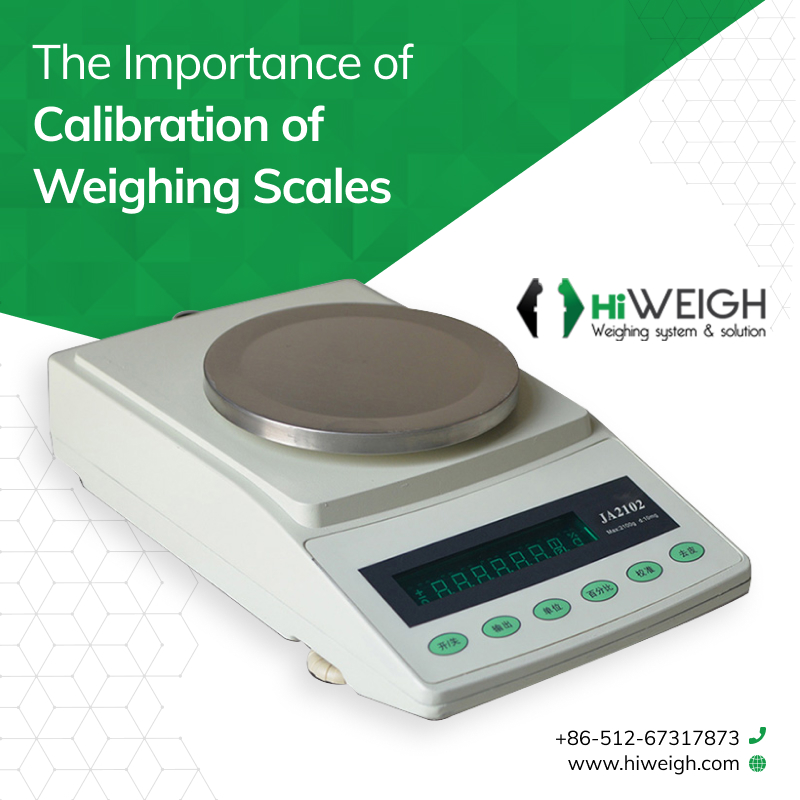


In the world of weighing scales and balances, accuracy is the principal factor within every industry. Be it a coin operated scale for checking luggage weight at an airport or a medical scale at a doctor’s office, the accuracy of weighing results is crucial in both scenarios. So how do you ensure the efficiency and accuracy of your weighing scales? This is where calibration weights prove to be useful.
Calibrating a weigh scale is the process of verifying the accuracy of your weighing equipment by conducting various tests. The data obtained is then compared with a known and accepted standard which helps to identify any error in the weigh scale. Calibration weights are used to rectify the error and bring back the accuracy within acceptable standards.
Why is Calibration Necessary?
With continuous use and regular wear and tear, the accuracy of all weighing scales declinesas more time passes. There are also other environmental factors at play such as changes in climate, mishandling of the scale, electrical overloads, accidents, and other causes that can lead to inaccurate readings on a weighing scale.
Regular calibration of scales is important to maintain the accuracy of your equipment. But how to identify when is the appropriate time to calibrate your scale? Below are a few signs to look for.
Shows Incorrect Reading: When you measure a pre-defined weight on the scale and the reading doesn’t show the exact known weight, it becomes a good indicator that your scale needs to be calibrated.
Doesn’t Show Zero Reading: When the scale is in operational mode but no weight has been kept on it, the indicator must show a ‘zero’ value on the display. If it doesn’t, your scale is in need of calibration.
Loose Parts:If your scale has any loose fittings, it could be the reason for inaccurate readings. Calibrate the equipment.
Reasons to Calibrate Your Scale
1.To Minimize Errors
The key purpose of using weighing scales is to achieve accurate measurements. While any scale equipped with a China load cell shall give highly accurate readings, there can be instances that we have discussed above that can cause inaccurate readings.Calibration of weighing scales is important to maintain the accuracy of readings, which otherwise, could cause disruption in a work process. For example, in the pharmaceutical industry, even the tiniest error on the scale’s readings can have disastrous effects on the final product being manufactured. Or in the logistics industry, an error in calculating the freight weight can lead to fines and penalties. If an inaccurate reading leads to the overloading of a container, it can potentially lead to damages or an accident.
2.To Maintain Regulatory Compliance
No matter what industry you are in, all scales fall under regulatory compliance standards. Calibration of scales on periodic intervals will ensure that all your equipment is fit for use and displays accurate readings within the acceptable standards of deviation. A failure to comply with the regulatory standards can lead to fines and penalties.
Conclusion
You can buy your weighing scales from a reputed brand like HiWEIGHto ensure quality and durability. From being the leading weighbridge manufacturer to offering precision balances, HiWEIGH caters to the weighing needs of every industry and sector. If interested to know more, please get in touch!
